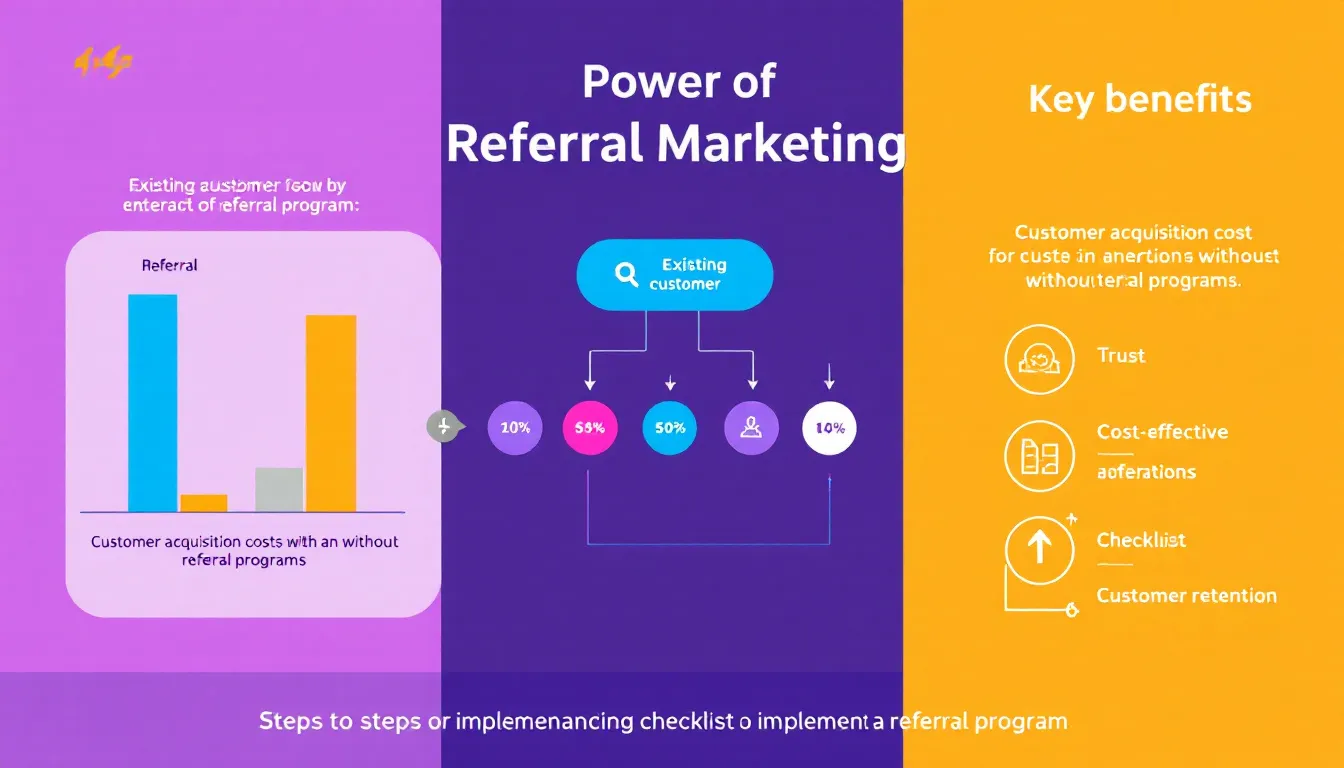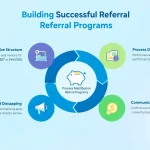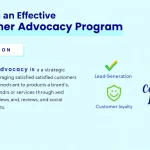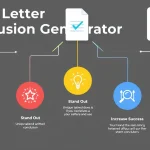Create Referral Marketing Program
Is this tool helpful?
How to use the tool
- Type of business
Supply your niche for precise language.
Example 1: “Pet-sitting marketplace”
Example 2: “B2B cybersecurity consultancy” - Main product or service
Describe what you sell in one or two sentences.
Example 1: “On-demand dog walking app with GPS tracking.”
Example 2: “Managed SOC services for mid-size banks.” - Target audience or ideal customer profile
Specify demographics, job roles or interests.
Example 1: “Millennial pet owners in U.S. cities.”
Example 2: “IT directors at regional banks, 200-500 staff.” - Customer pain points
List the key frustrations your offer removes.
Example 1: “Finding reliable walkers at short notice.”
Example 2: “24/7 threat monitoring without hiring in-house analysts.” - Referral incentive
State the reward both referrer and friend receive.
Example 1: “$10 walking credit for each party.”
Example 2: “One-month premium monitoring upgrade.” - Generate
Press “Generate Referral Program”. Copy the structured plan, paste it into your marketing docs, and launch.
Quick-Facts
- Average referral conversion rate: 14% (Extole Benchmark Report, 2023).
- 92% of consumers trust recommendations from friends (Nielsen Global Trust Study, 2021).
- Referred customers’ lifetime value is 16% higher (Journal of Marketing, 2011).
- Top B2B incentive is extended trial access, used by 47% of SaaS firms (SaaS Capital Survey, 2022).
- Federal Trade Commission requires disclosing referral rewards in endorsements (FTC Endorsement Guides, 2023).
FAQ
What is a referral marketing program?
A referral program rewards existing customers for introducing new buyers, turning word-of-mouth into a measurable acquisition channel (Kumar & Reinartz, 2018).
How does the generator customise my plan?
The tool feeds your inputs into a language model, which assembles segment-specific messaging, reward logic, and rollout steps (OpenAI Documentation, 2023).
Which incentives deliver the highest conversions?
Dual-sided credits or cash discounts outperform single-sided rewards by 35% in e-commerce tests (Friendbuy Case Study, 2022).
When will results show?
Campaigns with clear incentives reach 80% of peak referral volume within three months (Mention Me Data Lab, 2022).
Which metrics should I track?
Monitor participation rate, referral-to-purchase conversion, average order value, and lifetime value uplift (HubSpot Analytics Guide, 2021).
How can I promote the program?
Embed share links post-checkout, add email banners, and pin social posts; mixed-channel promotion raises referral sign-ups by 21% (Yotpo, 2023).
Is the tool effective for B2B firms?
Yes. B2B referrals close 70% faster and have 59% higher retention than non-referred leads (Influitive State of Advocacy, 2022).
How often should I update incentives?
Review rewards quarterly; adjust if participation dips below 5% of monthly customers (GrowthLoop Playbook, 2023).
Important Disclaimer
The calculations, results, and content provided by our tools are not guaranteed to be accurate, complete, or reliable. Users are responsible for verifying and interpreting the results. Our content and tools may contain errors, biases, or inconsistencies. Do not enter personal data, sensitive information, or personally identifiable information in our web forms or tools. Such data entry violates our terms of service and may result in unauthorized disclosure to third parties. We reserve the right to save inputs and outputs from our tools for the purposes of error debugging, bias identification, and performance improvement. External companies providing AI models used in our tools may also save and process data in accordance with their own policies. By using our tools, you consent to this data collection and processing. We reserve the right to limit the usage of our tools based on current usability factors.







